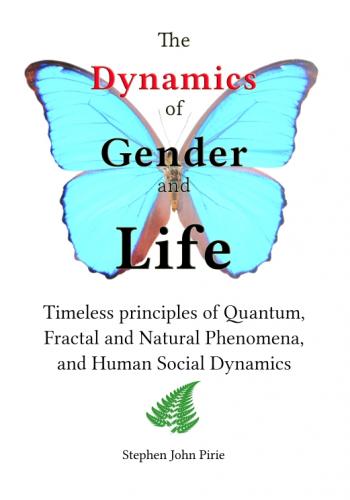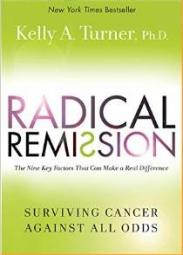Stephen is the author of books detailing how quantum principles underlie the events of everyday life, both in the minutia of our personal experiences, and in the experiences and behaviours of tribes, communities, nations.
"The Dynamics of Gender and Life. Just consider the title; it is almost grandiose in its scope, yet the book itself does not disappoint. Stephen Pirie has delineated a whole new paradigm for reality within 150 pages. That in itself is a remarkable achievement.
In the first two sections Pirie repeatedly drew aside curtain after curtain to reveal unexpected wonders. This created a feeling of anticipation as well as suspense. I was eager to read the next page, which always led to further discoveries. I had fun.
Then, in section 3, Stephen began "fleshing out" what had been revealed in the preceding sections. This did not reach the same level of expectation as did the first two sections, but it was necessary for fuller comprehension. I liked his generalized summaries of what it all meant as I went along, e.g., "We, and each part within creation, are. . . an active pivot-point, a door-way, an active, creative portal through which the creative potential and power of the quantum vacuum, the implicate order, the ground of being, flows and creates. We are the delivery vehicles and directors of where and how that energy is congealed into actuality." Beautifully expressed. These occasional "boosts" in his explication keeps the reader in touch with the overall context of what he is saying and sustains an emotional connection with the content.
All in all, a wonderful piece of work, which I earnestly hope will reach a vast multitude of readers because, in all sincerity, they sure as hell need it."

